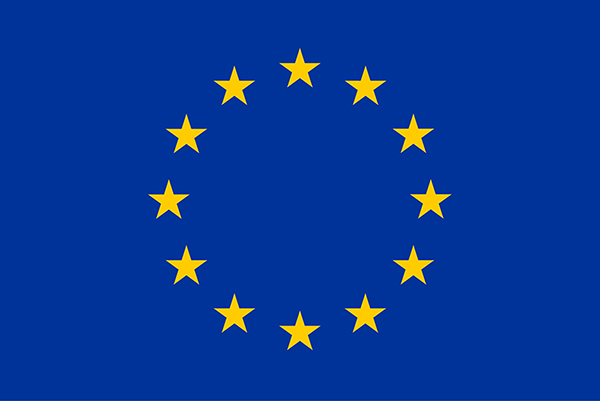EUTEENS4GREEN Projects
#EUTEENS4GREEN Awarded Beneficiaries
Space for change
- 💡 Description
- The project aims to increase the awareness of the power that young citizens hold in the decision-making processes of local governments. The main goal of the project is to increase the awareness of the power that young citizens hold in the decision-making processes of local governments in the fields like preventing climate change, managing information shortages on the topic of Europe's energetic crisis, land management, public transportation, funding participatory youth activities and local NGO's development. It is important for youth to know about the power they are given to co-determine the activities that are happening simultaneously in the Just Transition processes, and how to take part in it. Beyond that, 'Space for change' wants to give young people an opportunity to acknowledge how their daily practices are entangled in capitalism, and how they sustain a system that wants to constantly grow and produce as much as possible, exploiting people and nature. Because the best thing for preserving climate would be a profound change of the system – not only in the area of energy but also by transformation of transportation, agriculture, forestry, and how houses, apartments and cities are built. How they allocate the budget given by the government, local government or the European Union. They believe that young people should be able to understand the situation, but also should be responsible for educating others on this matter. They want to achieve this goal through educating their peers with non-formal learning methods, and the peer-to-peer aspect is an added value. The team applying for the project and implementing the activities is a group of young people with experience in this field of education. We believe, that non-formal education is crucial to create a civil society and sustainable future. Gaining experience and taking part in additional school activities is essential and complementary to the educational institution's curriculums. In this project, they want to conduct a series of meetings in the spirit of a method called "open space". The activities will be carried out in different cities that are within the carbon-intensive regions: Chorzów, Gliwice, Mikołów and Katowice. They will conduct 4 open-space meetings with panel discussions. The participants will be: - Young people (with local activists, members of Youth Councils and youth workers, amongst them); - Experts in the field of social education, sustainable development and public management; - Decision makers. Each open space will be attended by 10-15 young people and 3 experts and decision-makers. Each participant in the open space will have the opportunity to propose a topic they would like to discuss with the other young participants or experts or decision-makers, then sit at a table with the chosen topic. Each group will be asked to develop conclusions and recommendations on a given topic and present them to the other participants (including decision-makers). Systematic evaluation of the participants' progress and their objections and concerns will make it possible to accurately determine what should be discussed. The working methods used during the meetings will include project method work, structured dialogue, brainstorming, participatory observation, teamwork, and activation methods. The purpose of the meetings is: - to raise awareness of the problem of climate change, - to decrease inequalities amongst the young people that are at risk of being excluded from the green transition in the region, - to develop empathetic attitudes by learning how to respond to new problems that are challenging young people in the time of energetic crisis, and learning how to overcome them in local and global environments, - to reflect on active participation in a democratic society. Through these meetings, young people will expand their civic competencies, and figure out ways to effectively build an inclusive civil society focused on the sustainable development of carbon-intensive regions. After the events, all participants will be invited to join the process of evaluation and reporting. In the process, participants will discuss the ideas they came up with during the meetings, as well as what they liked and what should be improved. Everything will be written down and put together into publication, so it can be used in the future as a reference while proposing a change to decision-makers.
- 🎯 Target Group
- The participants will be: - Young people (with local activists, members of Youth Councils and youth workers, amongst them); - Experts in the field of social education, sustainable development and public management; - Decision makers.
- 🌱 Expected Results
- IMPACT OF THE PROJECT ON PARTICIPANTS: - Gaining self-confidence and readiness to act and make decisions thanks to consultation with experts, verification and recommendation of these ideas at the stage of their formation with experts; - Learning openness and empathic dialogue; - Inducing greater involvement of young people of different ages in civic participation, thanks to the open-space methot and non-formal learning methods used during the project; - Increasing the sense of agency and decision-making in local matters; - Increasing the ability of young people to argue their proposals and express their opinions; - Learning correct patterns of communication behaviour; - Increasing linguistic competence and communication skills; - Learning openness, empathy and tolerance. IMPACT OF THE PROJECT ON OTHER TARGET GROUPS: - Drawing attention to the problem of climate and energetic crisis and increasing awareness of the resulting risk of exclusion of certain groups (this mainly concerns the decision-makers); - Drawing the attention of decision-makers and the whole community to the problems of young people thanks to participation in open-space meetings. The publication, developed by the participating young people and the project team, will allow the project to recognize and disseminate the reflections, questions and ideas developed during the activities. In addition, participants in each open-space meeting will be given a pretest to fill out, testing their current knowledge and attitudes toward the topic of climate change and Just Transition. At the end of each activity, participants will complete the same test. With this method, the project team will be able to prove the impact that the project had on the young participants. In addition, it will be a testament to the active and informed participation of young people in the project.
- ✉️ Contact
- k.kwak@agereaude.pl
- 🔗 More Info
Report inappropriate content
Is this content inappropriate?
_cropped.png)







0 comments
Loading comments ...
Add your comment
Sign in with your account or sign up to add your comment.
Loading comments ...